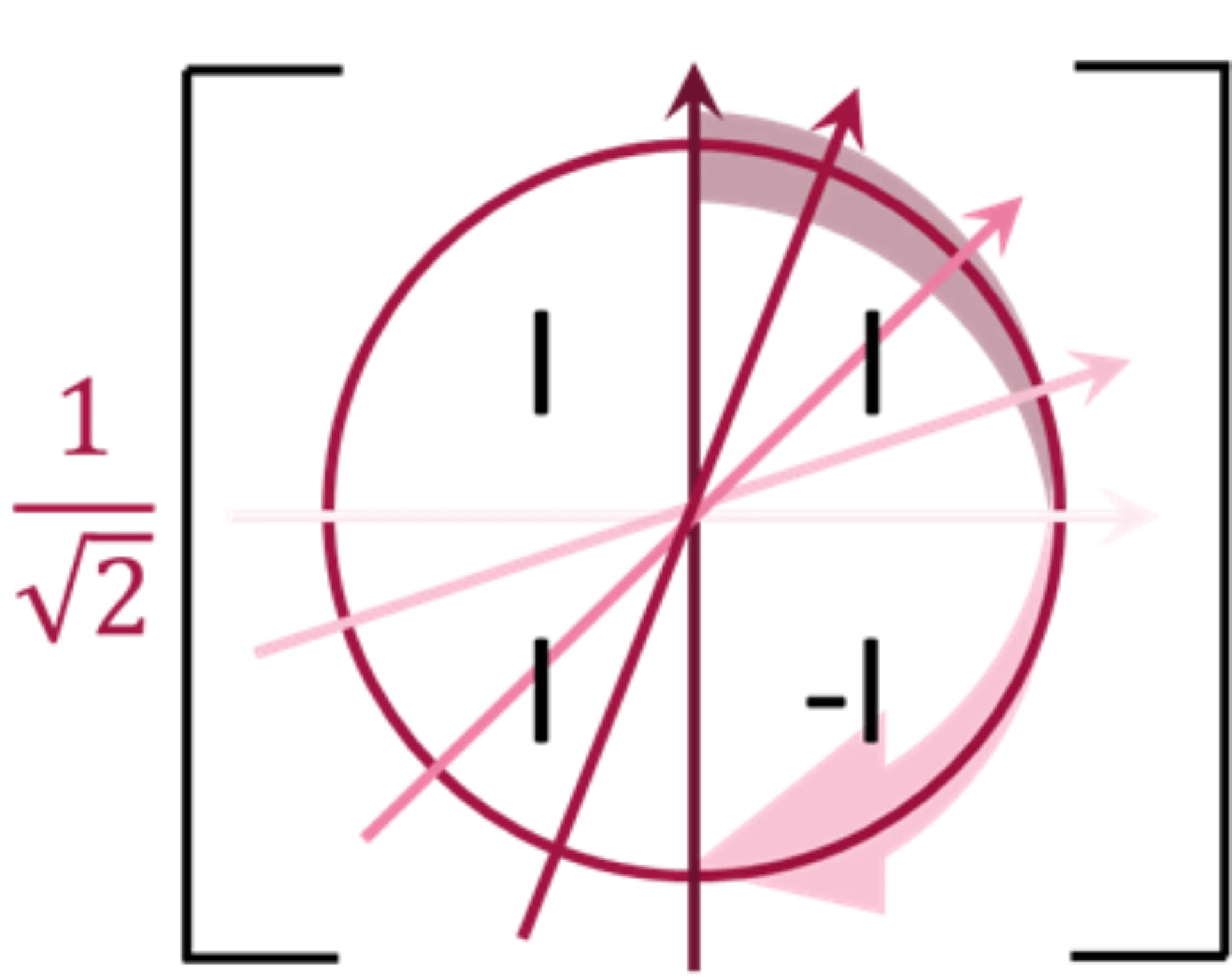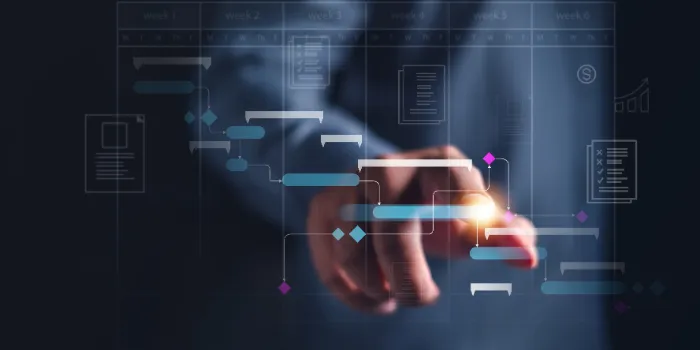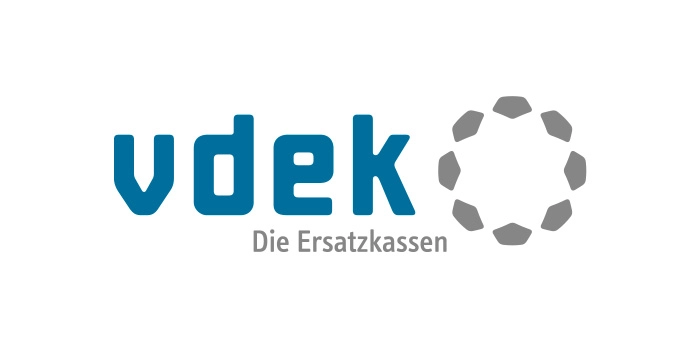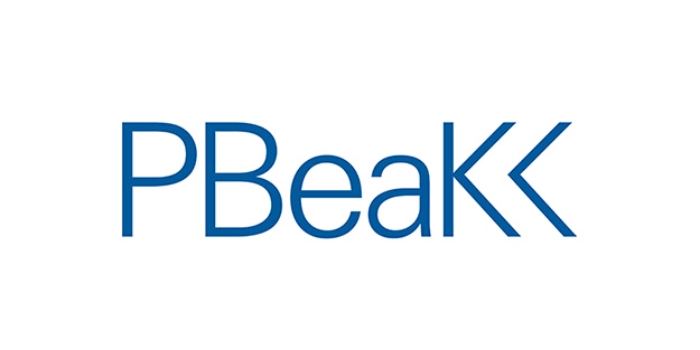What exactly is the advantage of computing with quantum states (instead of “real” figures”)?
The quantum computer works with such mixed quantum states. Mathematically, this means nothing else than that I can calculate with linear combinations of the "pure" states. In a single computational step, all possible solutions are then processed simultaneously. This is the basis for the enormous parallelism that a quantum computer is capable of.
Small numerical example: How complex the quantum states of a quantum computer can be depends on the number of mentioned qubits it can work with. This is “simply” the counterpart to the bits of normal computers, because a qubit has two quantum statuses (0 and 1, so to speak). With 10 of these qubits, I can consider 1,024 possible values in one calculation at the same time; with 20 qubits, there are already more than one million possible values. Today, we are at about 100 qubits. Next year, IBM wants to break through the 1,000 qubit mark and at the end of the decade we could be at one million qubits. You can now calculate for yourself how many solutions can be computed simultaneously with this.

Source: https://www.fokus.fraunhofer.de/de/sqc/quantencomputing
That is the reason for the high parallelism of quantum computing, and why problems can occur in the area of solvability that far overtax today’s computing capacity – especially those notorious problems that computer scientists among us have come to know as “NP hard”. But it would also leave vulnerable much of the encryption used today in e-commerce, cryptocurrencies, and electronic communications (which is why many a government agency is interested in quantum technologies).
















